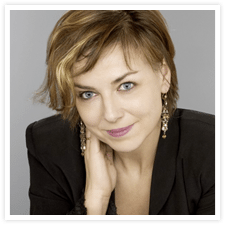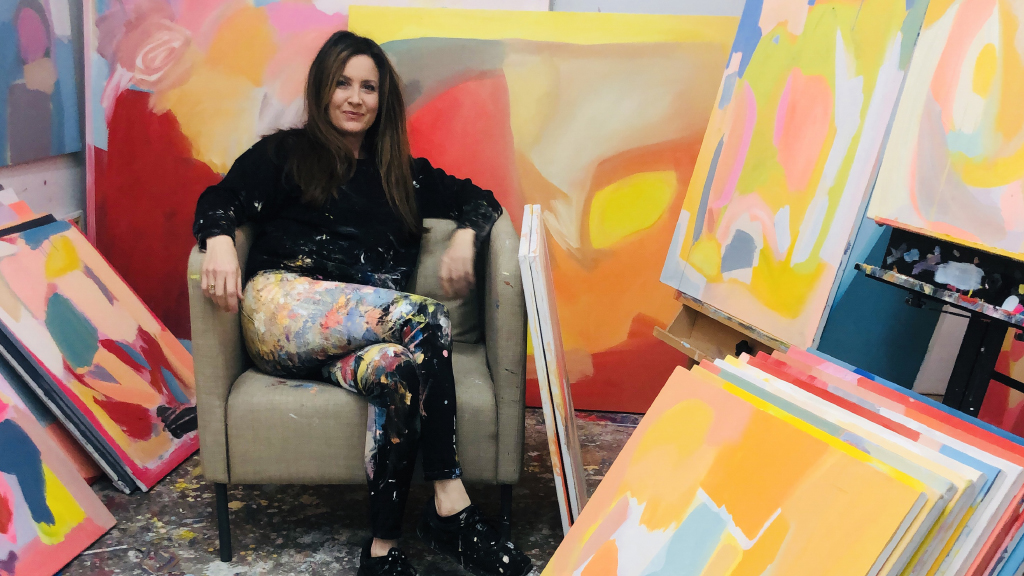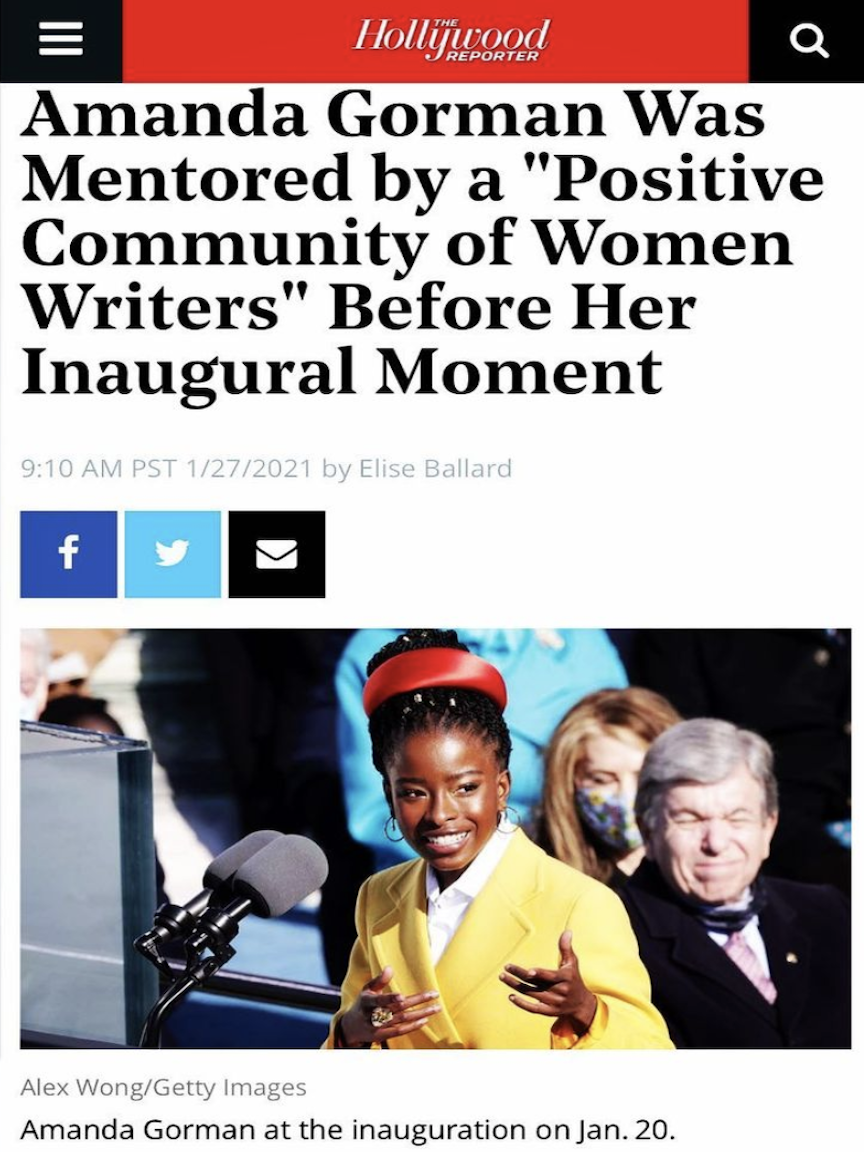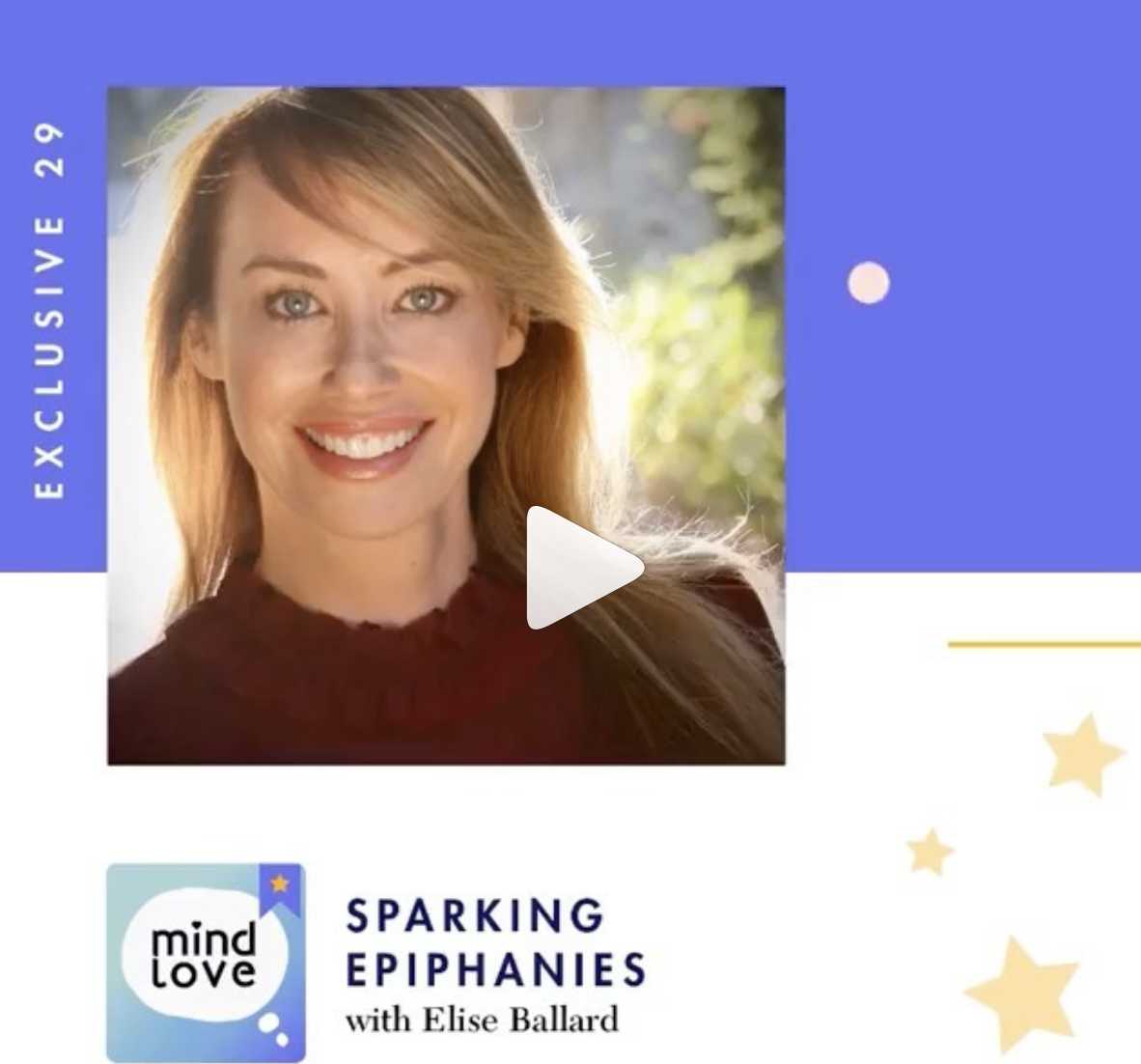
For this month of love and eros, I thought I’d post an excerpt of renowned sex therapist and best-selling author, Esther Perel‘s epiphany from my book. This was of the most surprising interviews I did – I was not expecting the story she told me at all. It was so interesting to hear her perspective and experience as the child of Holocaust survivors. I think about living vs. existing all the time because of what she shared. Her account also spotlights and explores the depth, meaning and beauty of our sexuality and its transformative power. But don’t take my word for it, see for yourself … and if you want an update on her work, check out this article.
BEHIND THE SCENES OF THE INTERVIEW
I was referred to Esther by a mutual friend. I didn’t know anything about her or her work, but I trusted my friend, who said she would be a fantastic interview. Also, I loved the title Mating in Captivity, and the fact that she was a highly respected sex therapist. Her epiphany was sure to be interesting—and it was, although, as usual, it was not at all what I had anticipated. I interviewed her in her loft in New York City, sitting on the very couch where many of the epiphanies we talked about took place. You can watch the video below as well as read her excerpted interview.
ESTHER PEREL’S GREATEST EPIPHANY
I would say my greatest epiphany was more of an epiphanous odyssey or succession of epiphanies, if you will, that happened while I was writing my book Mating in Captivity, which came out in 2006. I wrote for two years, from 2003 to 2005, and in the process of writing I discovered that there has been one major determinant in my life. It explains to a large degree what I do and who I am and why, throughout my life, seemingly totally irrelevant things keep coming back to this aspect in ways that defy my imagination. In a way, this determinant had absolutely nothing to do with me—it was imposed on me: I am the child of Holocaust survivors.
My book is about eroticism, but at this point I had not really asked myself why I was interested in it. It was when I was talking one day with my husband, who is working in the field of trauma and political violence with torture victims and refugees. Sitting on this couch, I asked him, “How do you know that the people you work with are once again reconnecting with life? How do you know when they cross that line again?” He told me it’s when they are once again able to be creative, to take risks, or to be playful—because you can’t play if you don’t feel safe. Once you begin to feel somewhat safe or grounded in the world, you are able to leap out and experience your exploratory needs, the way a child goes into the world to see what is out there. While we were discussing this, I started to put all the pieces together.
In my community in Belgium where I grew up, we had an enormous number of survivors living there. Among them, there were two kinds of people, those who didn’t die and those who came back to life—those who were just living and those who were really alive. The people who were just living were very fearful, didn’t take any risks at all, didn’t trust that the world was a safe place, and generally could not experience much joy or guilt-free pleasure. Neither could their children. They were surviving, but they were not really alive. The other group were the ones who knew how to keep themselves alive—they were people who understood the erotic as an antidote to death. Eroticism, sex, when you experience it in its full intensity, is a means of defying death. You feel alive as you do at no other moment. Eroticism implies playfulness, risk, daring, imagination—aliveness. The poetry of sex, the vitality, vibrancy, playfulness, renewal, all that stuff—I had seen all these in this subset of Holocaust survivors who really came back to life. Luckily, my parents were part of that group. My parents understood aliveness. I was a symbol of that for them, and I know what being alive really means because of my parents.
Eroticism for me is about the mystical sense of the word eros, rather than what modernity has done, which is reduce it to sex. I know now why I’m not writing about sex but rather about that other experience that one can have through sex. What I’m capturing is the quest for otherness—you’re at the same time completely inside yourself and completely outside yourself, or completely inside yourself and completely inside another. It’s a moment where you transcend death, that moment when you basically connect with the Divine.
When I work with couples on sexuality, when I work with desire, it’s about how one maintains a sense of aliveness—a connection to one’s erotic self. It’s really not about frequency, positions, technique, statistics of sex—it’s all about that erotic connection. When people come to my office and they complain about listlessness of their sex lives, they sometimes want more sex, but what they really want is better sex. And the better thing they are looking for is eros, the deeper dimension of sex.
That conversation with my husband, connecting what he’d learned from contemporary victims of traumatic abuse with what I remembered about Holocaust survivors and my family…it made things click for me. In what I call an ongoing series of epiphanic moments, I came to see that I was tracing two parallel narratives: histories of great suffering and death, and histories of eroticism as an expression of aliveness and pushing back against death.
I have moments such as that one all the time in my work, where I make connections between particular aspects of my life and its overarching story of being the child of survivors. Growing up with Holocaust survivors connects you to a larger history. You are not just a daughter of two people or even just a daughter of a tribe. As a descendant, you are a symbol of survival and revival for people, each of whom may have lost two hundred relatives, like my parents. Your life from the first day on is about much more than just you. You carry the name of somebody who’s no longer there. You have a mission. The mission is renewal. You are proof that death and dehumanization didn’t prevail, that there is life after an atrocity, and that there must be joy in that life lived after the atrocity. It’s not just about surviving, but it’s about reviving. It’s about a spark, of bringing an essence of vitality into the world.
You begin to connect yourself with that larger history, and it makes you feel special—but also very burdened, because you better do big things. Nothing in my life could just be okay or good enough. It had to be a lot better than good enough, because (as my parents remembered) if you were just good enough, you didn’t survive. Only if you were really big, really daring, really cunning, really determined—and lucky—would you survive. Halfway didn’t get you there. No problems that you might have could compare to the terrors Mom and Dad had known, so you never could really have a problem or ever really be worried or sad in our family. That has its downside, but it definitely made me somebody who charges at life, who pushes, who goes all out. I dread mediocrity or doing anything halfway; you could see that as either perfectionism or simply ambition. But once I understood what really drives that impulse in me, I saw that it didn’t center on being exceptional, but on being meaningful. My actions could never be haphazard. My life needed to be meaningful. I make choices based on that. It’s never been about work. It’s never been about money. It’s about meaning.
My moment of very crisp realization about this happened again during the process of writing the book when the fact sank in: “I have signed with a publisher to actually write a book!” I’d actually signed on to do something I had never thought I’d do, and I was willing to try even though I wasn’t sure I could succeed. I realized that this was the first time I was doing something without feeling sure about the outcome. And you know what? It only could happen after my mother passed away. I no longer needed to feel, “It’s got to work, it’s a live-or-die situation, if you don’t do it perfectly you’ll die.” And something about that live-or-die, all-or-nothing pressure softened after she passed away. I don’t think she imposed any of this on me. But it was only in her absence that I could for the first time do something I wasn’t sure about without fearing that I would die if I failed. Nobody knew I had always been holding back. Only I knew.
These epiphanies changed the way I operate. They crystallized what I’m actually working on with my patients. They have focused my thinking because I have a much deeper understanding of myself, of the concept of the erotic, and of how it is connected to much bigger, broader concepts. The way I conduct sex therapy or couples therapy is more a way of thinking than a method, and it’s this way of thinking that has attracted more and more people from all over the world to study with me.
What I learned about myself clarified my mission both personally and professionally: it is to be a “connector.” I help connect people with their aliveness. I was a symbol to my parents of aliveness—of the capacity to regenerate after the massive death and annihilation my family endured. I connected them with their aliveness, and they showed me what it meant to be truly alive.
I am not just a person who is living. I am a person who is meant to restore life on this earth and to breathe life into others. We all are.
CLICK HERE TO LEARN MORE ESTHER AND HER WORK.










